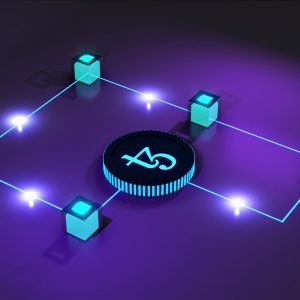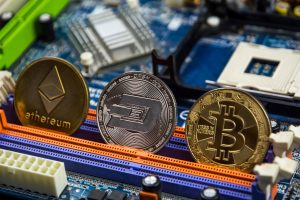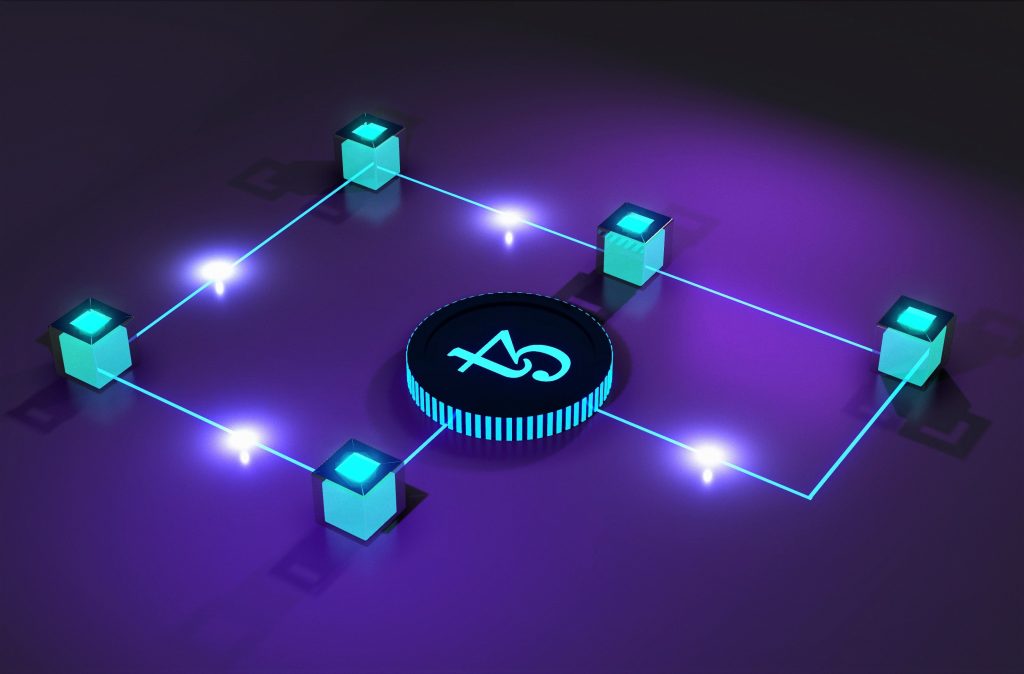Crypto Nodes Explained
Nodes are essential to the blockchain. A blockchain node is a computer that connects to the blockchain network and helps to keep it running. They can be used to validate and relay transactions. Nodes can also store a copy of the blockchain. Each one in a blockchain network plays an important role in helping to keep the network secure and running smoothly.
A “node” can be any type of electronic device that is connected to the internet, such as a computer, laptop, tablet, or smartphone. There are two types of nodes in a blockchain network: full and lightweight nodes. A full node stores a copy of the entire blockchain and helps to validate and relay transactions. They are also sometimes referred to as a “miner”.
A lightweight node does not store a copy of the blockchain but relies on full nodes to relay transactions. They are typically used by smaller blockchain networks, while full nodes are used by larger networks.

Why Do We Need Nodes?
The importance of nodes in a blockchain network is that it helps to keep the network secure and running smoothly. Moreover, having a large number of them in a blockchain network makes it more difficult for bad actors to attack or disrupt the network. Additionally, having them distributed around the world helps to keep the network decentralized. Because they are distributed, this also prevents any one party from controlling, or censoring, the network.
Nodes are typically operated by individuals or organizations that are interested in helping to keep the blockchain network running in exchange for passive income. Additionally, operators typically have a technical background and are familiar with blockchain technology. Some of the most popular blockchain networks are Bitcoin and Ethereum. They have thousands of nodes that are operated by individuals or organizations all around the world. However, many smaller blockchain networks have a limited number, such as the IOTA network and the Nano network. These networks are technically more centralized.
Running A Node
You can use a wide variety of electronic devices to run a full node including computer, laptops and even full servers. If you’re interested in supporting a blockchain network, you’ll need to download the software for that particular network. Then you’ll need to configure your node to connect to the network. Finally, you’ll need to keep your software up-to-date with the latest network updates. You may be rewarded with transaction fees or mining rewards in exchange for helping to keep the network running smoothly. Do not be intimidated. Most chains offer how-to guides and videos that make deploying easy. After all, they need the support.
Are Nodes Profitable?
There are a few different types of rewards that can be earned. Transaction fees are the most common. A node is rewarded with a small fee when it validates and relays a transaction. This fee is paid by the person who initiated the transaction. Another type of reward that can be earned is called “mining rewards”. Mining rewards are earned by nodes that help to validate and process new blocks on the blockchain. The amount of mining rewards earned depends on the number of blocks that it processes. Also, these rewards change over time and vary with each chain.
In conclusion, while crypto is a decentralized asset, it does not mean it is a free for all. That is especially true when transactions occur. And those transaction fees are shared by those who are executing the transactions. Nodes can be profitable. However, they are also be expensive to operate. Besides hardware costs, miners need to also factor in the electricity and network bandwidth required to operate a node in exchange for those fees.
Want to keep learning about everything in Crypto?

Dogecoin
Is Dogecoin the Future? Why the ‘Meme’ Dogecoin has the Real Potential to Become a Standard in Cryptocurrency The blockchain world continues to unravel and

Honest NFT
Honest NFT Fair Launch NFTs on Ethereum | Cryptonairz AMA Discover how Honest NFT is trying to redefine fair launch within the NFT community with

Decentralized Exchanges
The Top 7 Decentralized Exchanges Discover What is a Decentralized Exchange and the top ones you should try A decentralized exchange is a crypto exchange

Weave Finance
Weave Finance Weave – Bringing DeFi To The Masses | Cryptonairz AMA Weave Finance AMA: Weave is a DeFi protocol that brings expert yield farmers

Celebrities In Crypto
What Celebrities Are In Crypto? How Celebrity Promotions for Cryptocurrency only Proves the Blockchain is Taking Over 2022 is proving to be a pivotal

Cardano Blockchain
The Cardano Blockchain What Cardano Can Do for Your Cryptocurrency Investing In 2022? With the blockchain world in a continual state of innovation as the

Bitcoin: The Basics
What Is Bitcoin? Let’s go deep on Bitcoin so you can know what it is, how it’s used, and why it is so important to

What Is An NFT
The ABCs of NFTs What is an NFT and what purpose could a digital piece of art serve? An NFT From Project Europa Non-fungible tokens

